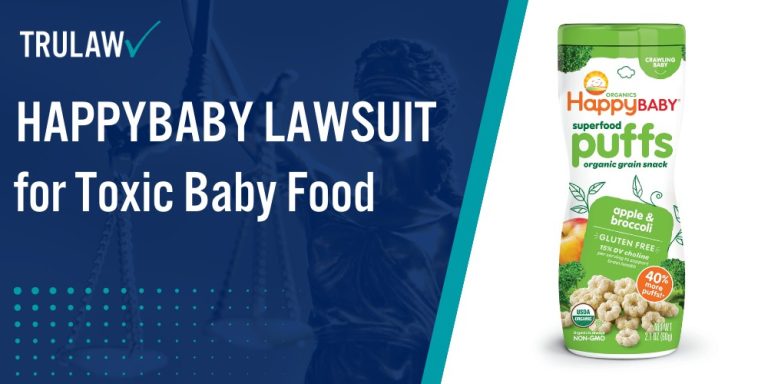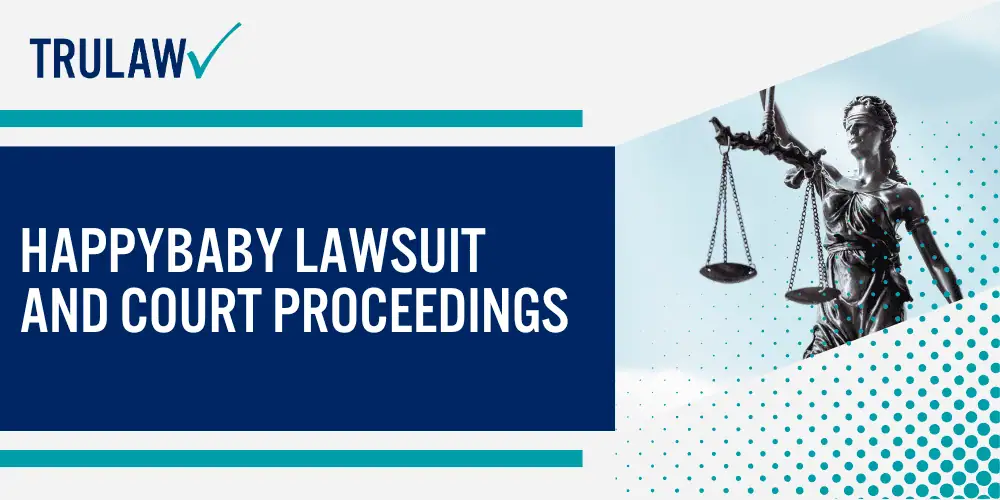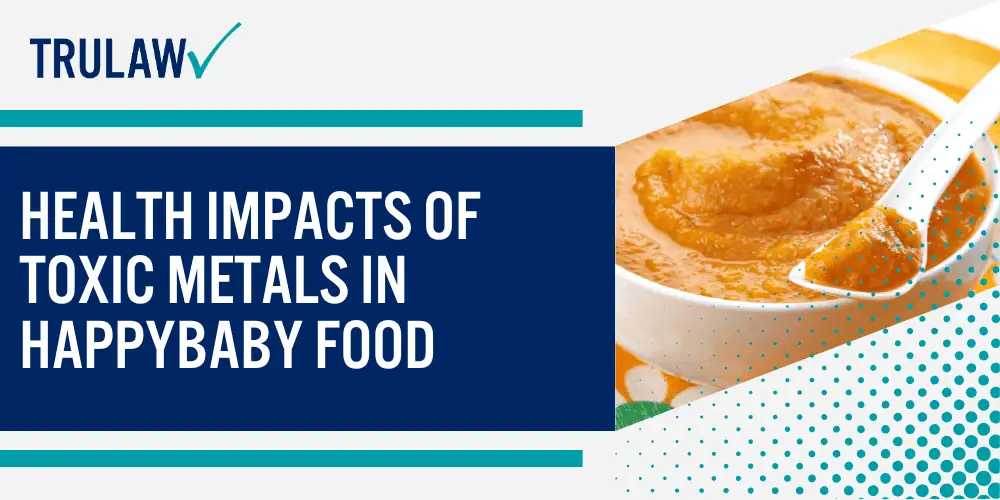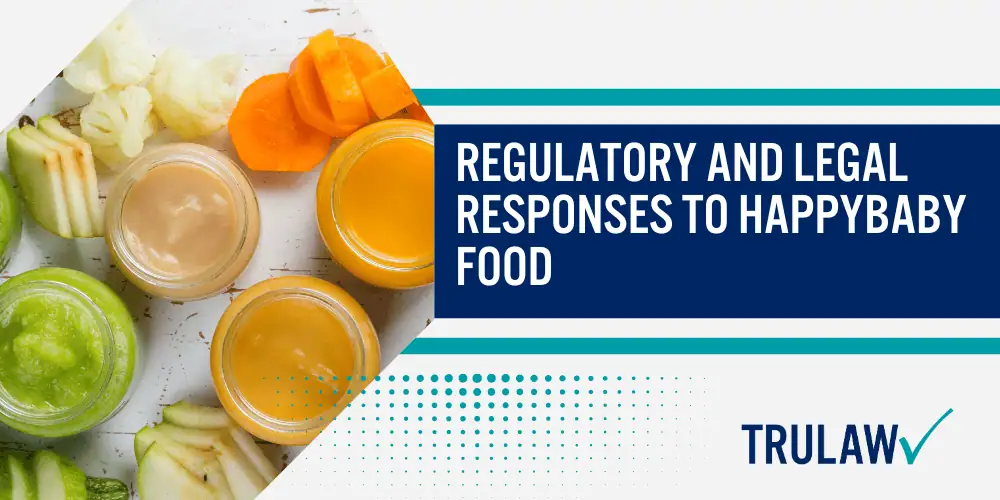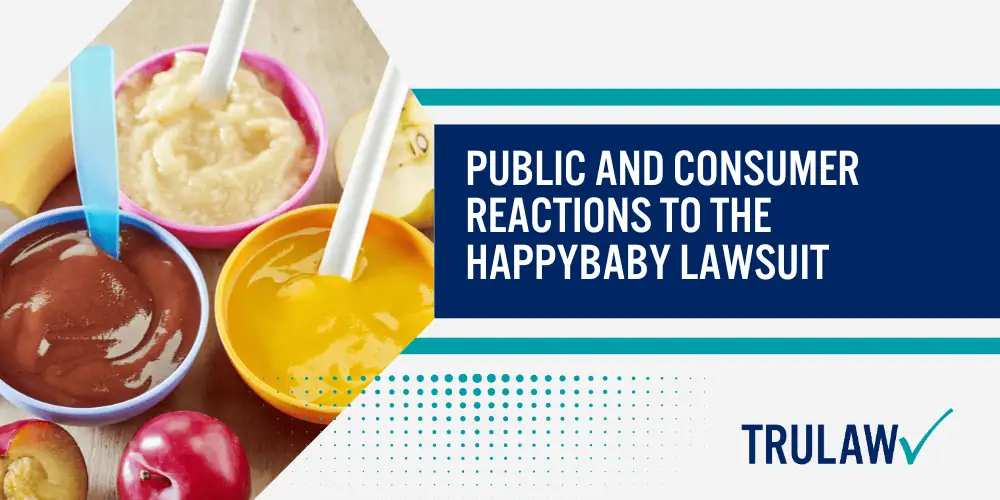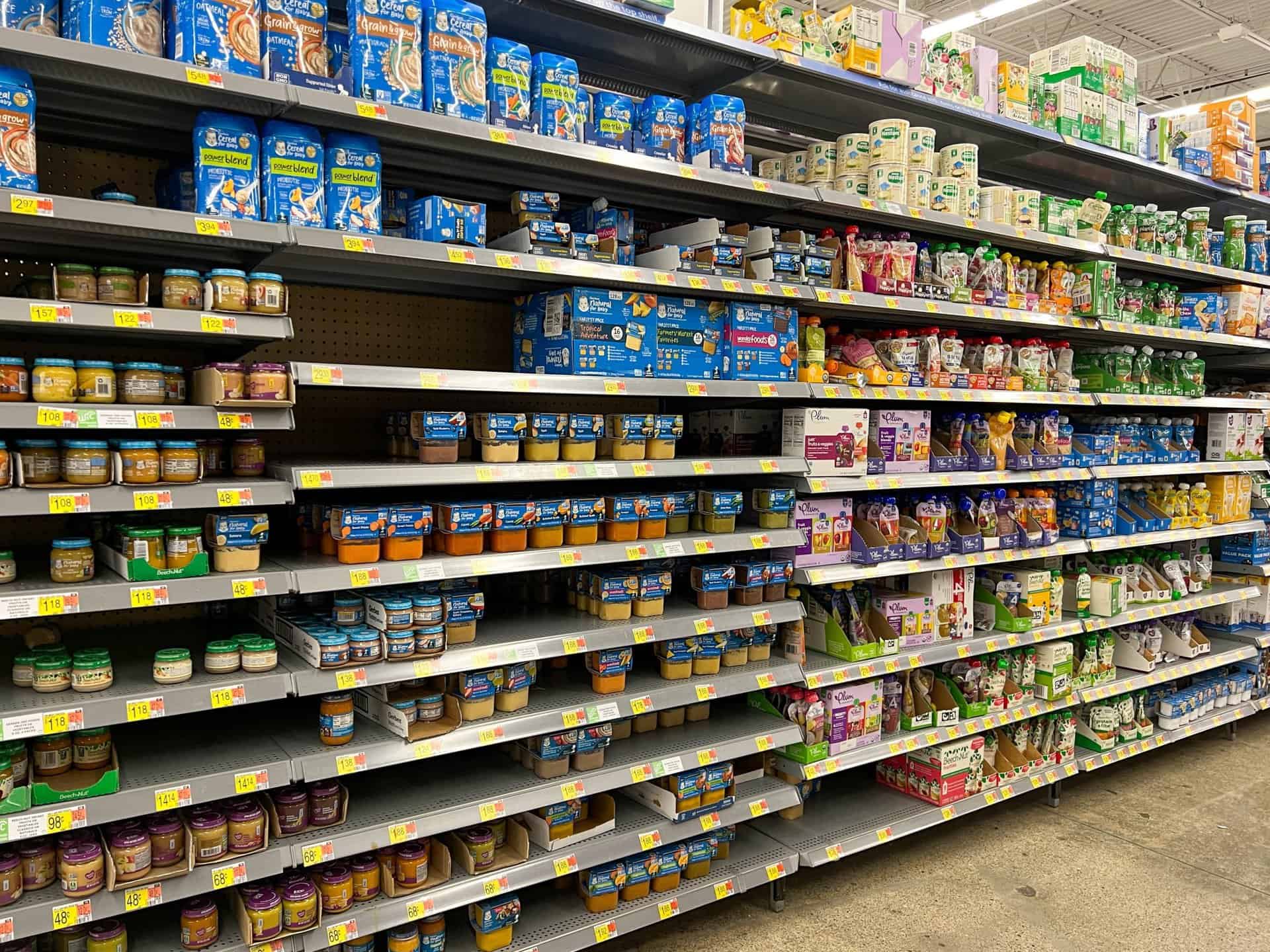The Happy Baby Lawsuit concerning toxic baby food has become a focal point of public health and consumer safety debates.
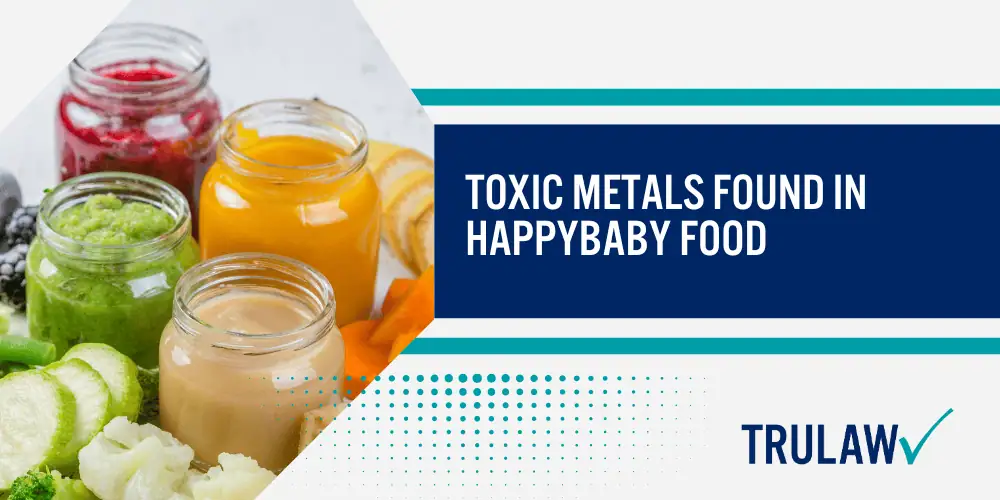
Initiated against Nurture, Inc., the producer of HappyBaby products, the lawsuit alleges that the company’s baby foods contain dangerous levels of toxic heavy metals, including arsenic, lead, cadmium, and mercury, which can pose significant health risks to infants and young children.
High Levels of Toxic Metals Found in Happy Baby Products
A 2021 report by the U.S. House Committee on Oversight and Reform revealed that several major baby food manufacturers, including HappyBaby, contained dangerous levels of toxic heavy metals.
The report prompted a series of toxic baby food lawsuits and product liability claims against Nurture, alleging that exposure to these toxic metals could lead to severe health conditions like autism and ADHD in children.
The plaintiffs argue that Nurture and other companies failed to adequately address internal testing results, which revealed high levels of toxic metals in their products.
Internal Documents Reveal HappyBaby Knew of Contamination
The baby food autism lawsuit claims that Nurture was aware of the toxic metal content in their products but failed to disclose this information or take proper corrective actions.
Internal documents cited in the lawsuit reveal that some HappyBaby products contained mercury levels as high as ten ppb, five times higher than the FDA’s maximum safe limit for bottled water.
Despite these findings, Nurture allegedly continued to sell the contaminated products to unsuspecting consumers.
